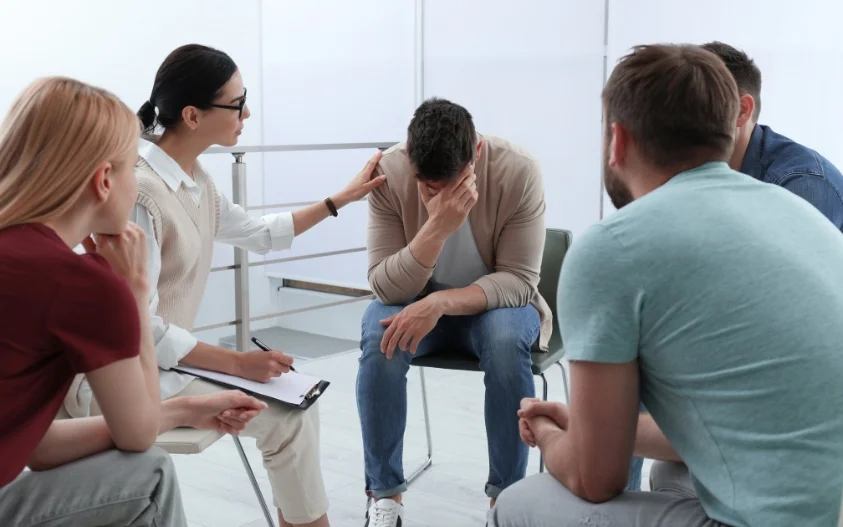24/7 Helpline:
(866) 899-111424/7 Helpline:
(866) 899-1114
Learn more about PTSD Treatment centers in Keota

Other Insurance Options

Holman Group

WellPoint

Highmark

Evernorth

Health Partners

Covered California

Health Choice

ComPsych

Private insurance

CareFirst

United Health Care

Excellus

Meritain

PHCS Network

Kaiser Permanente

Amerigroup

Group Health Incorporated

BHS | Behavioral Health Systems

Magellan

Coventry Health Care





























